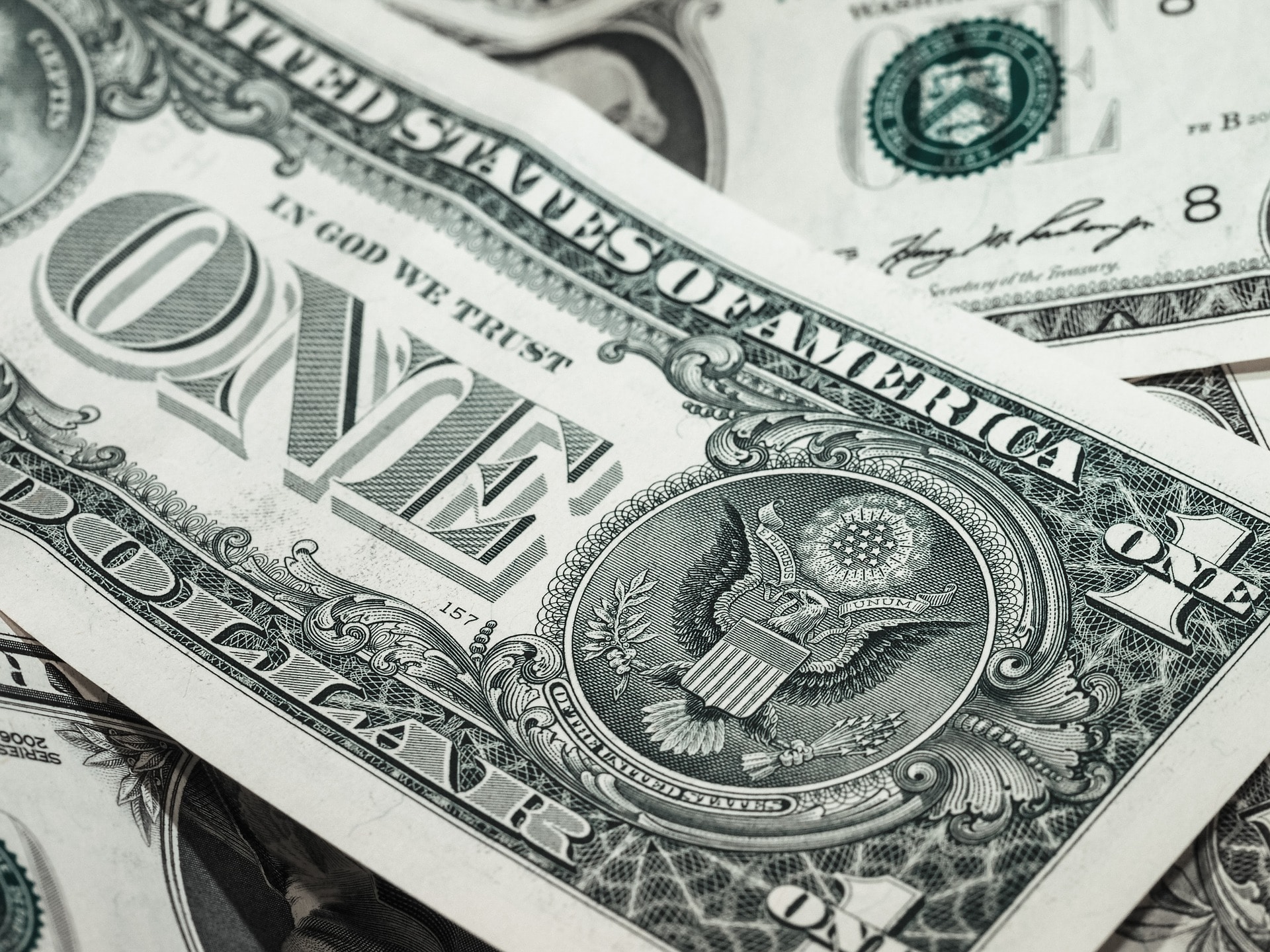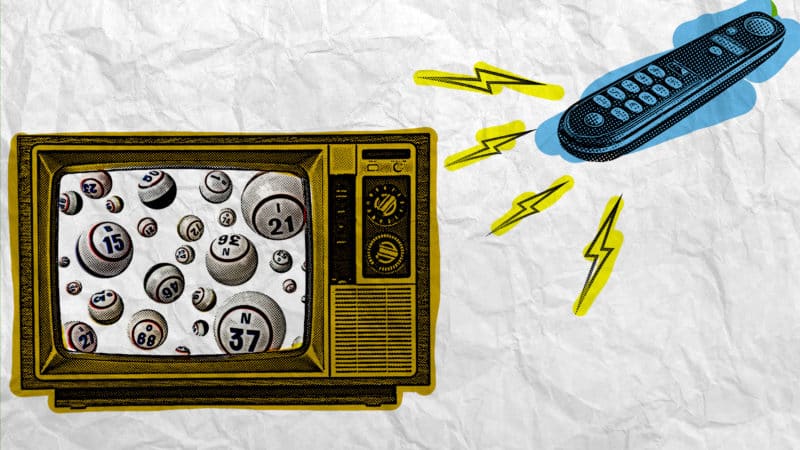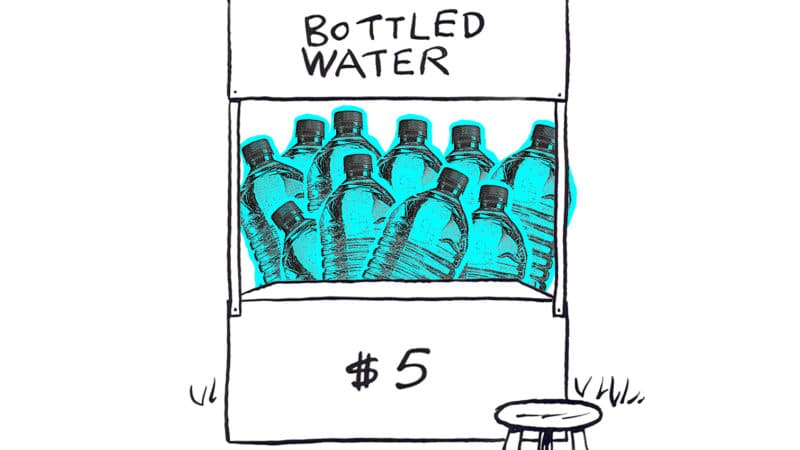Whether you had a lot of money and lost it all, or have barely enough to manage, how you handle money matters. Smart financial choices are made by knowing the difference between what ideas help you, and which hurt you.
By Dori Zinn
1. Payday loans
You might’ve seen these storefronts while walking or driving by various strip malls. They’re usually decorated with signs like “Get money today!” and “No credit check required!”
Payday loans are short-term loans usually for a small amount, like $500 or less, that get repaid by the borrower’s next payday — anywhere from 14 to 30 days.
These types of loans have exceptionally high interest rates — upwards of 400%. It’s very difficult for borrowers who are struggling to pay back the loan, with interest, by the due date. This causes many people to get into a payday loan cycle, borrowing more payday loans to pay off the old ones and racking up fees and interest charges.
While some cities and states have outlawed payday loans, Florida isn’t one of them. If you don’t have a decent credit history — or much of any credit history at all — payday loans seem pretty enticing. You get money right away without worrying about how your credit score will hurt you. In turn, you can get into a vicious borrowing cycle.
Instead, try some payday loan alternatives, like:
- Payday alternative loans (PALs): Some credit unions offer PALs, ranging anywhere from $200 to $1,000. You usually have to join the credit union to take advantage of these, but you’ll have much more time to pay off the loan — usually up to six months.
- Cash advance app: If you’re working, you’re earning money. Apps like Dave, PayActiv, Earnin, and others let you borrow a small amount of money before your next payday with few to no fees. While these apps charge fees for use and they do add up, they’re much smaller compared to payday loans, keeping you from staying in the cycle of borrowing money with a massive APR.
- Community resources: Look into local charities, nonprofits, and religious groups for some financial resources. Some have grant programs — money that doesn’t have to be repaid — while others offer interest-free loans. You can also try calling 2-1-1, a help line connecting to United Ways Florida, to get help like food, housing, employment, health care and counseling.
2. Credit card misuse
Credit cards are one of the most popular ways to borrow money, but if you aren’t careful, you could face some expensive payments.
Credit cards let you pay for purchases now — up to your credit limit — and once the billing cycle closes, issues you a statement and due date with a minimum payment, usually a percentage of your total statement. This is fine if you can’t afford anything else and paying more would cause you financial distress. But only paying the minimum amount will mean you get hit with interest charges on whatever balance you carry over to the next month.
Credit card interest charges vary a lot by the issuer and your credit score when you were approved for the card. Average credit card interest rates right now are about 16%. To compare, average personal loan interest rates with excellent credit can hover around 9%.
Credit scores are partially based on your credit usage. Keeping your total credit use at 30% or less is preferred. If you carry a balance on your credit card from month to month, your usage can climb, causing your credit score to dip. This, in turn, can hurt your chances of borrowing in the future, like getting an auto loan or another credit card.
If you’re constantly hitting your credit limit and not making payments for a few months, your lender could close your account.
You don’t have to give up credit cards entirely to avoid credit card misuse. Instead, start with some best practices, like:
- Only spending what you can afford. Even if you’re only buying groceries or gas with your credit card, make sure you’re only buying what you can pay back once the pay period ends. This might not be a lot to start, but that’s OK.
- Pay your balance off in full. To take advantage of an interest-free loan every month, you’ll need to pay off your balance every month. Otherwise, you could get hit with interest charges.
- Get a card with perks. If your credit is in decent shape, you might qualify for a credit card with cashback rewards. This is when you get a percentage of your purchase back in cash. For instance, you could get 3% back at the grocery store and 2% back at gas stations. You can get rewarded for usage, even when you’re only using your card when you need it.
3. Putting off saving
Saving money is difficult, especially when there’s so little to save — if any at all — after you’ve paid your bills. But saving money, even if it’s very little, can add up.
For instance, saving $10 a month is $120 a year. Saving $25 a month is $300 a year. Saving $50 a month is $600 a year. A little bit can go a long way, so you don’t need to be too hard on yourself when you start to save.
Your savings can cover car repairs, medical bills, or other emergencies you might not have now but possibly could later in life. Use savings as a “what if” fund: what if you lose your job and can’t find work right away? What if you get hurt and get back to work? What if your car dies or a loved one passes away? There are so many possibilities. Savings will help.
Start by creating and reviewing your budget. Try to make a line item for your savings by adding even a little bit to your savings account every month. You can open a savings account at your current bank or another one that lets you transfer money by setting up auto-pay or manually triggering a deposit.
Setting up auto-pay is the best way to set it and forget it, treating it like a bill of sorts and not necessarily an afterthought. But for some people, it’s not always feasible. Only do this if you’ve made room in your budget for it.



